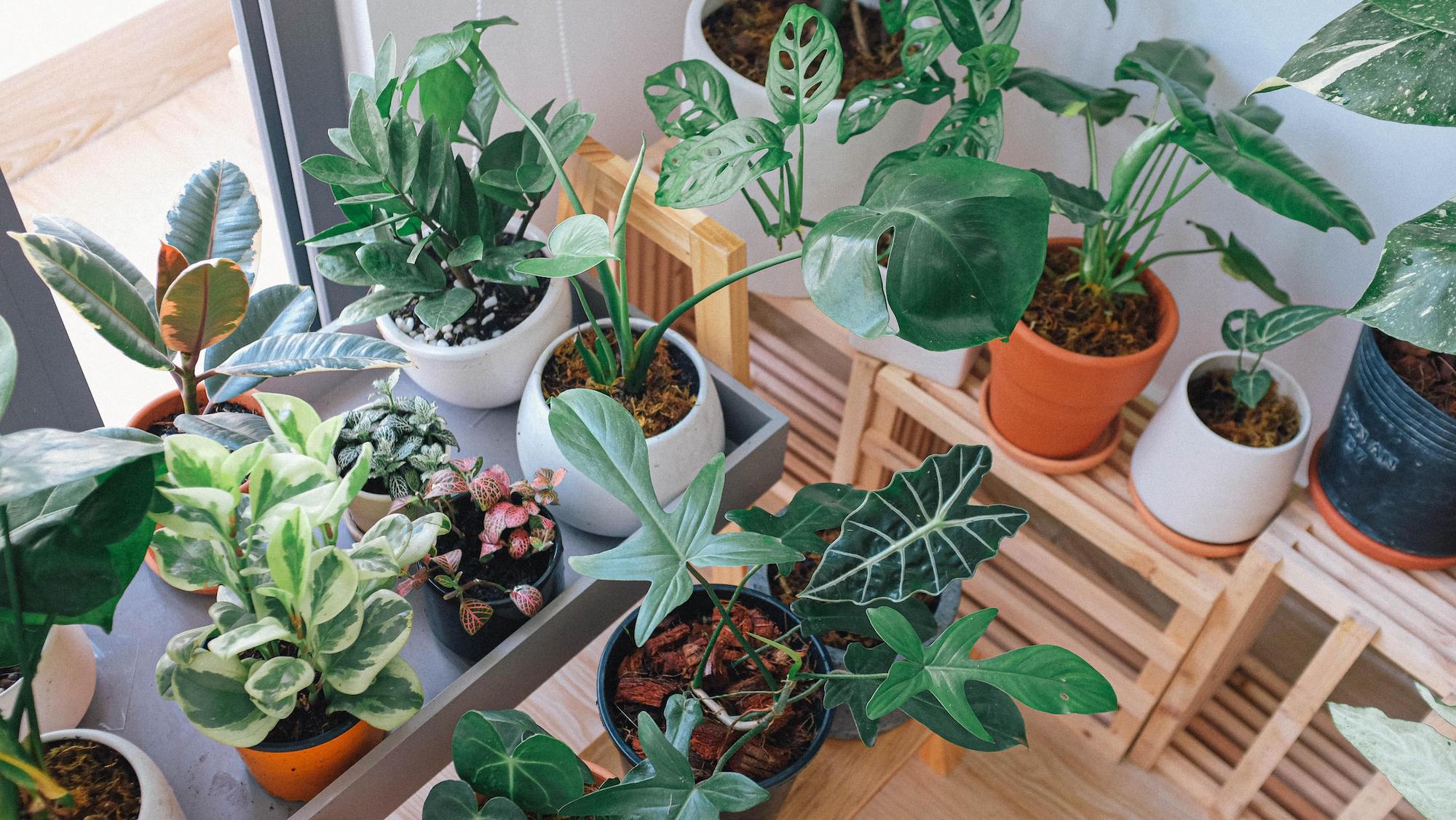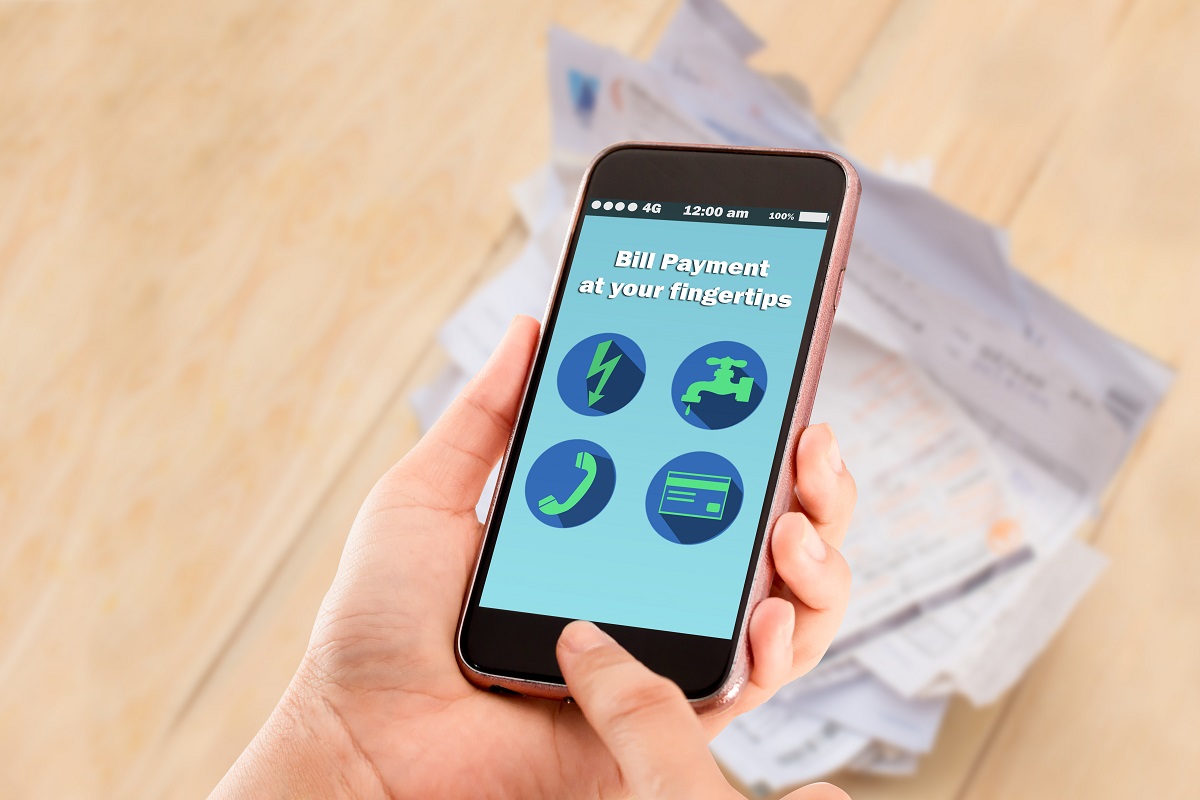
How to Save on Utilities in Your Apartment

It’s the end of the month, and you’re looking back through your credit card statements and are probably thinking to yourself, “Next month, I’ll be better about spending!” We all have the best intentions to spend our money more wisely, but sometimes, our whims, wants, and needs take over.
So, how can you cut back on your spending? One easy way to keep a few extra Benjamins in your wallet is to investigate how to save on utilities. Believe it or not, there are simple and inexpensive changes you can make that will help you better save on utilities in your apartment, from your electric bill to your cable and internet bills and everything in between.
Check out our top tips below!
How to save on your electric bill
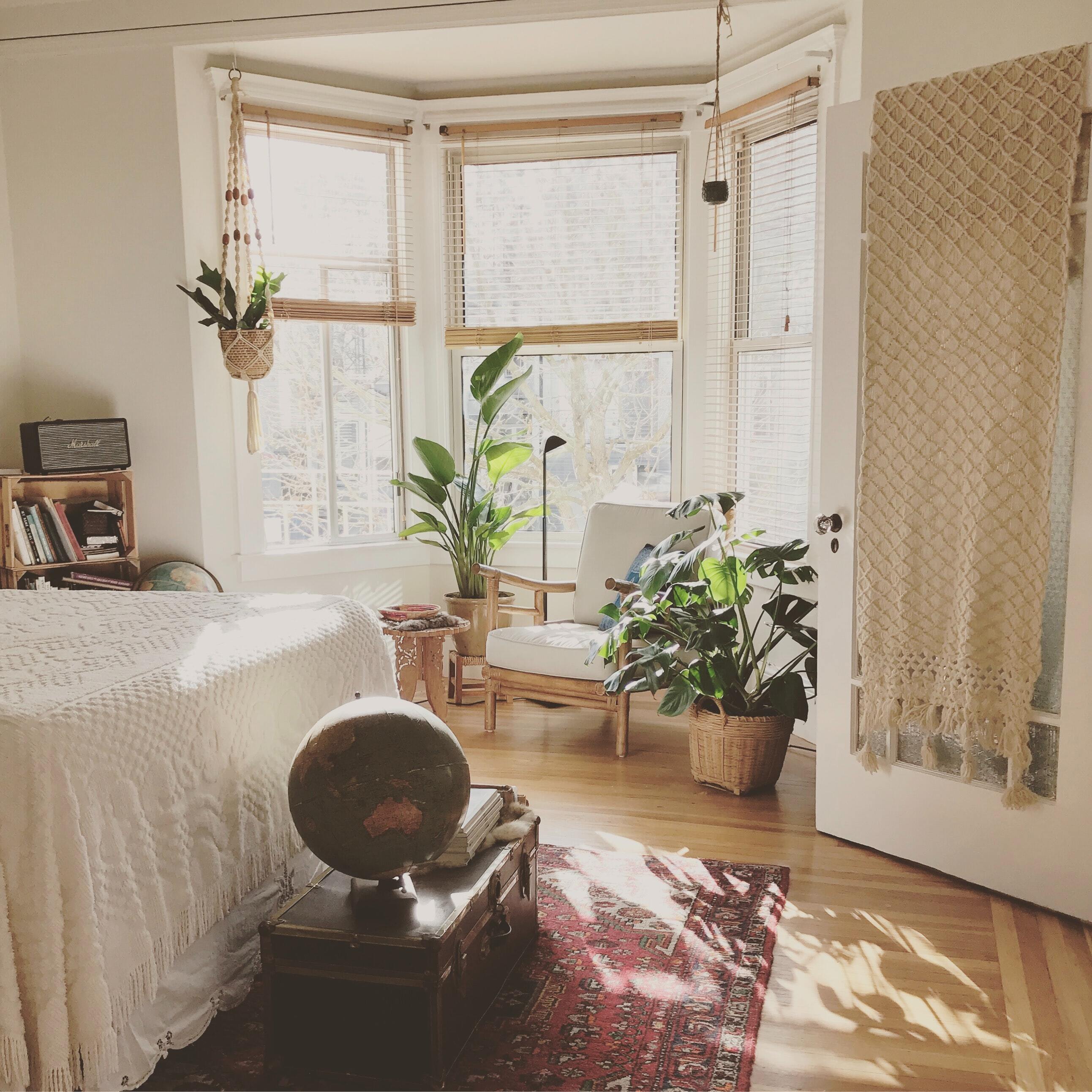
Let’s start off with that pesky electric bill. In order to lower this bill, it’s important to keep in mind which systems and appliances have the greatest impact on this utility bill, such as your heating and cooling systems, your lights, and your washing machine and clothes dryer, among other areas.
Cut back on heating and cooling costs
Without a doubt, the heating and cooling systems in your apartment consume the most electricity. Depending on where you live, you likely have one of these systems running for a majority of the year, too.
Here are a few super simple adjustments you can make that will help to bring down that energy bill:
1. Install a programmable thermostat
Installing a programmable thermostat can be huge in controlling how much heat and air conditioning your apartment uses. You can program it for different zones of your home and to activate at certain times of day or night. Having greater control over your thermostat affects how often and which parts of your apartment you’re heating or cooling and will greatly reduce your energy bill.
With your thermostat, consider deactivating zones of your apartment that you don’t spend much time in, such as the bathroom, in order to cut down on the cost of your electric bill.
Lastly, heed your parents’ advice and attempt to live with more moderate heating and cooling. You don’t need an ice box in the summer or a sauna in the winter!
2. Leverage the natural world
Another tip for scaling back on heating and cooling is to take advantage of natural light, warmth, and cooling. If the temperature drops enough at night, open your windows and turn off the air conditioning. During summer, it’s also a great idea to close the blinds or curtains during the hottest part of the day in order to block out the heat from the sun. This is particularly important if you have single-pane windows, which are noticeably less efficient than double-pane ones.
Conversely, in the winter, be sure to let that sun in to warm your apartment naturally. Insulating windows, door frames, and even the floor between your apartment and the basement can make a huge difference in lowering your electric bills.
Looking for more ideas for keeping your apartment cool? Check out our blog post, “12 Ways to Cool Down a Room Without AC.“
Let there be (fewer) lights!
The lights in your apartment are the next greatest contributor in your electricity consumption. Are you guilty of turning on every light in every room in your home? Or, perhaps you’re forgetful and leave the lights on in a room you’ve left for an extended period of time.
The most impactful and no-cost change you can make here is to simply turn off your lights. You don’t need them on all the time! Enjoy natural light during the day and only use what’s necessary at night.
You can also switch your light bulbs to more efficient star-certified LED bulbs, which will have a greater lifespan than typical incandescent bulbs.
Moreover, have you ever considered the atmospheric, aesthetic, and drama that a candle (or three!) can add to the atmosphere of a room? Brighten the space, set the mood, and even help save costs on that heating bill by responsibly using some good old-fashioned wick and wax and ditching your light bulbs altogether. Just be sure to check your lease first to double-check candles are allowed!
Better utilize your washing machine and clothes dryer
Yes, having clean clothes is important, and your coworkers, friends, and neighbors all appreciate your diligent cleaning routine with your washer and dryer. However, you can still save by being more mindful about how you use these appliances.
First, always watch full loads of clothes. You’ll get more for your dollar this way! Smaller loads of laundry waste electricity and are inefficient. You can also save on hot water by washing all of your clothes in cold water, even your bedding.
Finally, we all love to snuggle a towel or a hoodie fresh out of the dryer, but air-drying clothes is free! Hang your clothes to dry on a rack or in your outdoor space if you have some. Sun-dried clothing has a fantastic, natural fragrance! Besides, half of your wardrobe likely isn’t suited for a dryer, anyway, so warming up to air drying can save you in electricity costs and having to replace sad, shrunken clothes that didn’t belong in a dryer in the first place.
Other tips for saving on electricity costs
Aside from these large consumers of electricity in your apartment, there are a few other great energy-saving tips you can heed when making changes around your place. If you have control over the appliances in your apartment, consider updating your refrigerator, dishwasher, and washer/dryer. These energy-sucking appliances have become far more efficient with technological advances, so look for newer models to use the least electricity. If your landlord is the one in charge of these replacements, it can be worth a conversation to weigh in on their plans.
Additionally, consider switching your power strips to Energy Star ones that will allow you to cut electricity on specific devices when they aren’t in use. Moreover, unplugging appliances that aren’t being used can also make a difference.
So, whether you moderate your energy costs by keeping your hands off your thermostat, insulating some windows, or unplugging your unused devices, you should be well on your way to saving some money on your utilities by being more mindful about your electricity.
How to save on your gas bill

Perhaps you are one of the lucky ones who have gas heating in your home. Hooray for you! Typically, gas heat is more efficient than electric heat, especially in older homes. Nevertheless, there are a number of small changes you can make that will help to lower your gas bill, as well as your electric one.
Much like with your electricity, heating and cooling are the major sources of high gas bill costs. The best way to start assessing where you can save the most money is to perform an energy audit on your apartment. In each room, take note of windows, door frames, vents, holes, cracks, or any other place that could yield an air leak. The more air leaks you have, the less efficient your heating and cooling will be, running up your bill. Back off, Kate Bush, because here are a few low-cost solutions to lower your gas bill:
1. Seal up those leaks
Whether you insulate with rubber strips around doors and windows, caulk any holes around pipes, or install insulation around outlets, you are bound to save a ton of money on your natural gas bill by making these small changes to any leak in your apartment.
As we mentioned above with electricity, using thermal curtains can seal out cold air from seeping in through your windows at night and prevent heat loss. Your heating system will thank you—and so will your wallet.
2. Use a space heater
Rather than running to the thermostat, use a small, portable electric heater to keep your thermostat temperature lower. You can keep your frigid toes warm without having to put on three pairs of socks!
3. Make your appliances do double-duty
Another great tip is to reuse the heat you have already generated from your gas appliances. Did you use your oven for dinner? Great! Leave the door open to warm the kitchen. Take a hot shower? Leave the bathroom door open to heat the adjacent room.
Reusing the residual heat in your apartment is another great way to limit your energy usage and save on your gas bill.
4. Research switching gas companies
Last, consider looking at your local gas companies. If you have more than one supplier, it’s possible that by switching to a competitor, you could earn some new customer deals or even get a free gas efficiency audit. It costs nothing to look but could save you a bunch each month.
How to save on your water bill
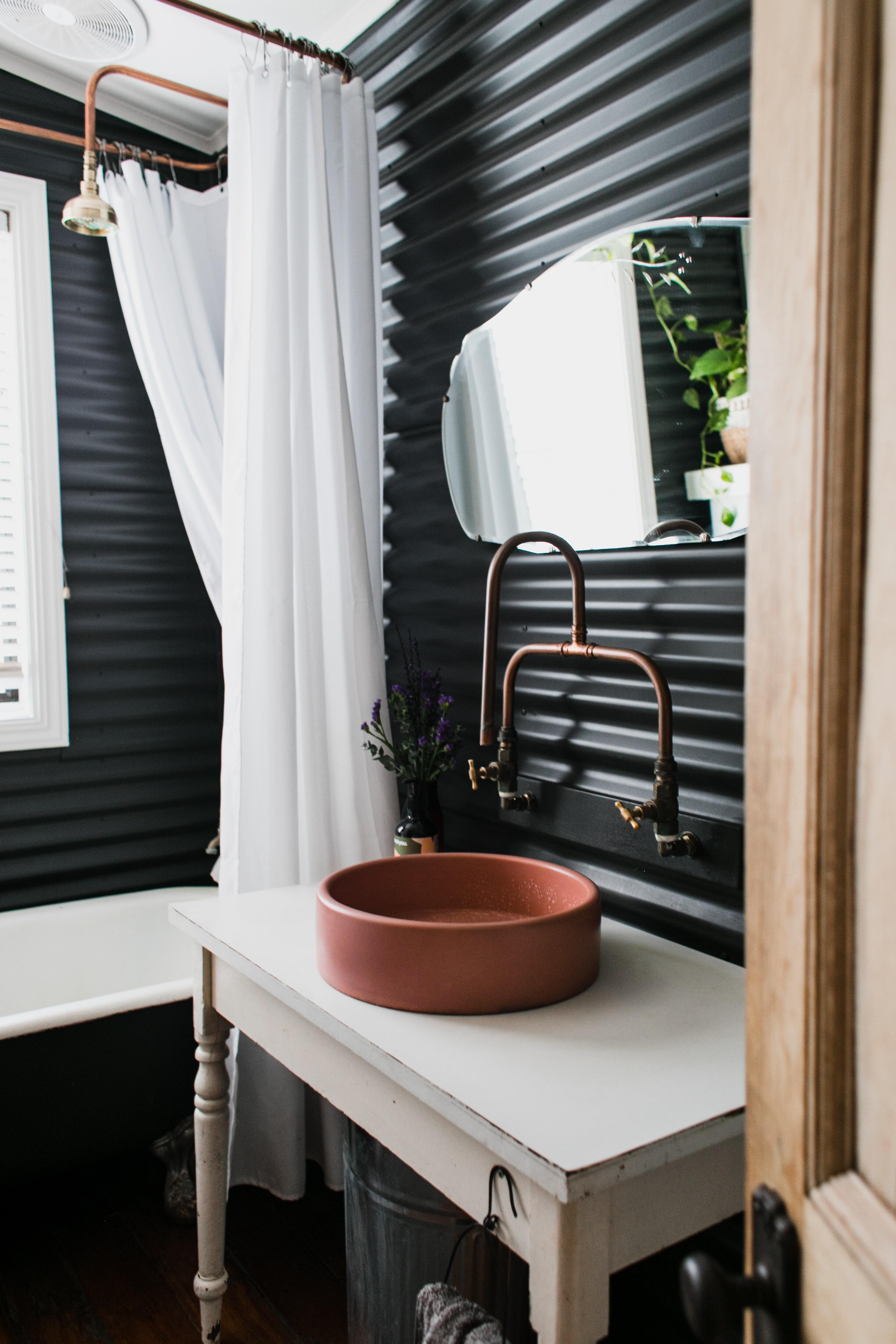
Next up on the list of expensive utilities is that pesky water bill. Even if you don’t believe your water usage is that high, the average American uses up to about 80 gallons per day. Fortunately, there are many easy adjustments you can make though to lower your water bill:
1. Skip the encore on your shower concerts
It may seem obvious, but taking a shorter shower can have a drastic impact on your water usage. Even shaving off four minutes from your shower per day can save about 4,000 gallons of water per year. Not only is that great for the environment, but it’s also great for insulating your pocket. Not to mention, you’ll lower your gas or electric bill by consuming less hot water.
In addition to limiting long showers, consider replacing your shower head with a low-flow shower head, potentially reducing your water consumption by two gallons per minute.
2. Turn off your water
We’re all guilty of it, but another quick fix is to turn off the faucet while brushing your teeth or shaving. The average faucet releases one to two gallons per minute, so some quick math would estimate potentially 10 gallons per day in savings in this minor adjustment alone.
Like low-flow shower heads, modern faucets also have a lower average flow rate, so it might be worth updating the faucet in your kitchen and bathroom. A cheaper option would be to simply add an aerator to limit the water flow, too.
3. Use your dishwasher
Another high contributor to your water bill is dishwashing. Believe it or not, washing dishes by hand is far less efficient than using an Energy Star-rated dishwasher. While older dishwashers typically used between nine and 14 gallons of water, newer models average about four gallons. If you consider that running your kitchen faucet would use four gallons in just two to three minutes, a newer dishwasher is definitely the wiser option here. Do remember to run it only when it’s full, just like the washing machine.
4. Fix your drips
Though they may appear benign, a leaky faucet, dripping pipe, or a running toilet can increase your water waste and lead to a higher water bill. Fix these drips or leaks as soon as possible in order to reduce water consumption and save on that utility bill. In addition, newer toilets are more efficient and will use fewer gallons of water per flush. It may be time to ask your landlord if you can update the golden throne for a water-saving toilet!
How to save on your cable and internet bills
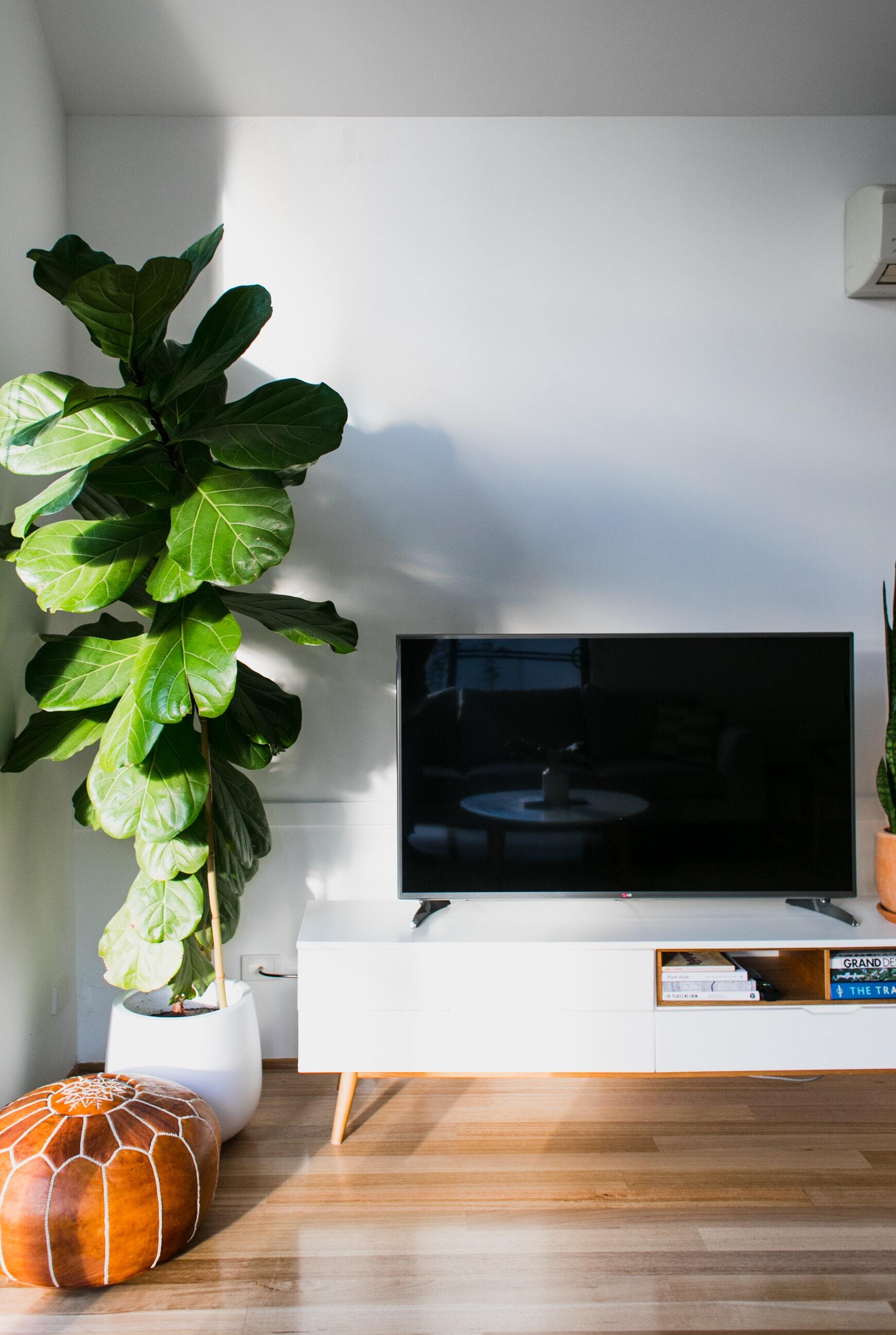
Last in addressing your utility costs, we can’t forget the cable and internet bills. While many providers often have a new customer discount, these can run dry after six months or so, leaving the consumer with a hefty bill and sometimes unforeseen charges. Let’s examine a few adjustments you can make to cut back on these costs:
1. Bundle your services
Have you considered bundling? Some providers will actually provide a discount for adding a home phone line or internet plan to your cable bill. Hey, 2007 called, and it wants you to take the savings into account of adding the home phone line without actually plugging one in. It’s worth the light math to see if this can save you a few bucks a month, even if you don’t use your landline phone.
2. Scale back on your subscriptions
If bundling isn’t an option or won’t cut costs with your provider, it may be time to start hacking off the channels you don’t watch. Most cable providers will charge for premium channels, so if you aren’t watching HBO or the Disney Channel on the regular, it’s time to let it go. On that note, some wireless providers will provide premium streaming services like Hulu or HBO at a much lower rate than cable companies, so check out the rates through your wireless provider.
If you’re unwilling to part with your premium streaming services, you could always bundle your shows and pay for one service per month rather than all of them all the time. Let your shows pile up on Netflix while you enjoy your favorite Hulu series, then switch at the end of the month. Ten dollars here and there adds up quickly!
3. Negotiate with your provider
Another timeless strategy to cut your cable bill is to call them and tell them you’re changing providers. Without a doubt, they will grovel and offer to lower your bill in one way or another, likely with a “new deal” they’re offering. Alternatively, you could shop around and see if other local cable providers are offering better sign-on deals and switch over to save some money each month while the offer lasts.
Time to save!

All in all, there are so many cost-saving strategies and changes you can make in order to lower your utility bills each month. Whether you choose to limit your water use by fixing that leak in your tub, swapping your air conditioner for a ceiling fan, or sealing up drafty windows, there are plenty of adjustments you can make in your apartment to be more energy-efficient and ultimately lower the cost of your utilities. So, flush away those woes and start racking up your savings with these low-cost tips.
If you’re looking for your next living quarters, Landing offers fully furnished apartments in over 375 cities across the U.S. Most importantly, you can save on your utilities in a Landing apartment with a flat-rate bundled package for your water, gas, electricity, and Wi-Fi. Put your budgeting worries aside and spend your extra dough on exploring your new city!
Check out Landing’s app to browse apartments, schedule your next reservation, and find your new home!







